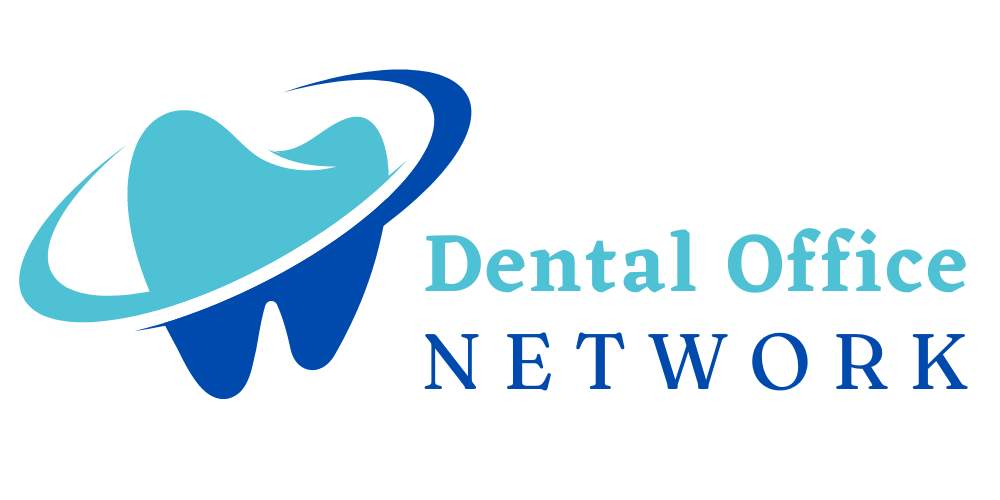Dental surgery can be a stressful experience, even more so when you are facing the possibility of paying for it without insurance. The cost of dental surgery can be a daunting prospect, and the lack of insurance coverage can make it seem impossible. However, there are options available to you, and this article aims to provide a comprehensive guide to dental surgery without insurance.
Before we delve into the details of dental surgery without insurance, it is important to understand what dental surgery is and when it is necessary. Dental surgery refers to any type of surgical procedure that is performed on the teeth, gums, or other structures in the mouth.
Dental surgery may be necessary for a variety of reasons, including:
- Tooth extraction: When a tooth is severely damaged or decayed, it may need to be removed.
- Root canal: A root canal is a procedure that is performed when the pulp inside a tooth becomes infected or inflamed.
- Dental implants: Dental implants are artificial teeth that are surgically placed into the jawbone to replace missing teeth.
- Gum surgery: Gum surgery may be necessary to treat gum disease or to correct a gum recession.
The cost of dental surgery can vary widely depending on the type of procedure that is needed. In general, more complex procedures will be more expensive. Here is a breakdown of some of the most common dental surgeries and their average costs:
- Tooth extraction: The average cost of a single tooth extraction is $75 to $450 per tooth. A surgical tooth extraction can cost between $225 and $600 per tooth.
- Root canal: The average cost of a root canal is $700 to $1,500 per tooth.
- Dental implants: The average cost of a dental implant is $1,500 to $6,000 per implant.
- Gum surgery: The cost of gum surgery can vary widely depending on the extent of the procedure. Simple procedures may cost $300 to $500, while more complex procedures can cost $2,000 or more.
It is important to keep in mind that these are just average costs, and the actual cost of dental surgery may be higher or lower depending on a variety of factors, including the location of the procedure and the experience of the dental surgeon.
While not having dental insurance can be a challenge, there are options available to you if you need dental surgery. Here are some options to consider:
- Negotiate with your dental surgeon
The cost of dental surgery can be negotiable in some cases. If you do not have insurance and are facing a large bill for a dental procedure, consider speaking with your dental surgeon about payment options or a payment plan. Some dental surgeons may be willing to work with you to find a payvment plan that fits your budget.
- Look for dental clinics that offer sliding scale fees
Sliding scale fees are fees that are based on your income and ability to pay. Some dental clinics offer sliding scale fees for patients who do not have insurance. You can search for clinics in your area that offer sliding scale fees by contacting your local health department or by searching online.
- Consider dental schools
Dental schools may offer dental surgery at a lower cost than private dental practices. This is because dental students perform the procedures under the supervision of licensed dentists. While the cost may be lower, the quality of care is still high. You can search for dental schools in your area by contacting the American Dental Association or by searching online.
- Look into dental savings plans
Dental savings plans are membership-based programs that offer discounts on dental procedures. You pay a membership fee and in exchange, you receive discounts on dental procedures. Dental savings plans are not insurance, but they can help to reduce the cost of dental surgery. Some dental savings plans also offer payment plans, which can help to make the cost of dental surgery more manageable.
- Consider crowdfunding
Crowdfunding is a way to raise funds for a specific cause or project by asking people to donate money. You can create a crowdfunding campaign to help raise money for your dental surgery. There are several crowdfunding platforms available, such as GoFundMe, that can help you create a campaign and share it with your network.
- Look for community health clinics
Community health clinics may offer dental services at a reduced cost or for free. These clinics are often run by non-profit organizations or government agencies and are designed to provide healthcare services to low-income individuals and families. You can search for community health clinics in your area by contacting your local health department or by searching online.
While dental surgery can be expensive, there are steps you can take to prevent the need for surgery in the first place. Here are some preventative measures to consider:
- Practice good oral hygiene
Good oral hygiene is essential for maintaining healthy teeth and gums. Brush your teeth at least twice a day, floss daily, and use mouthwash to help prevent gum disease and tooth decay.
- Visit the dentist regularly
Regular dental checkups can help to catch dental problems early before they become more serious and require surgery. It is recommended that you visit the dentist at least once every six months for a checkup and cleaning.
- Eat a healthy diet
Eating a healthy diet that is rich in vitamins and minerals can help to keep your teeth and gums healthy. Avoid sugary and acidic foods, which can contribute to tooth decay and gum disease.
- Quit smoking
Smoking is a major risk factor for gum disease and can contribute to tooth loss. Quitting smoking can help to improve your overall oral health and reduce the risk of needing dental surgery.
Dental surgery without insurance can be a challenging situation, but there are options available to you. By negotiating with your dental surgeon, looking for dental clinics that offer sliding scale fees, considering dental schools, looking into dental savings plans, considering crowdfunding, and looking for community health clinics, you can help to reduce the cost of dental surgery. Additionally, taking preventative measures such as practicing good oral hygiene, visiting the dentist regularly, eating a healthy diet, and quitting smoking can help to prevent the need for dental surgery in the first place. With these options and preventative measures in mind, you can navigate the world of dental surgery without insurance with more ease and confidence.
Related Pages:
- Best Dental Insurance Plans
- Affordable Dental Insurance Options
- Dental Insurance For Families
- Dental Insurance Enrollment
- List ItemDental Insurance Deductibles
- Dental Insurance Savings Tips
- Dental Insurance Benefits
- Dental Insurance Comparison
- Dental Insurance Reviews
- List ItemGlossary of Dental Clinical Terms












